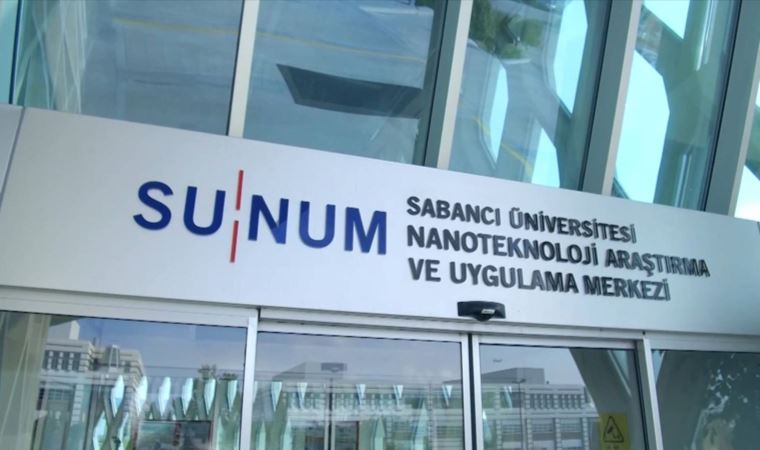Turkish nanotech lab seeks cooperation with China
Turkish nanotech lab seeks win-win cooperation with China in boron commercialization.

Turkey's leading nanotechnology laboratory has been striving to join forces with its Chinese counterparts within a win-win framework in the commercialization of the boron mineral, especially in the field of energy storage applications.
The Istanbul-based Sabanci University Nanotechnology Research and Application Center (SUNUM) has been synthesizing the boron mineral and producing borophene for the last one and a half years. It recently directed its studies to energy applications.
Mert Umut Özkaynak, Vice Director and Head of Strategy and Business Development at SUNUM, said Turkey, which has large boron deposits, aims to develop cooperation and establish partnerships with China, mainly in the production of new generation batteries and carbon zero products.
Özkaynak said the Chinese electric vehicle (EV) battery giant Contemporary Amperex Technology Co., Ltd (CATL), China Aviation Lithium Battery Co., Ltd (CALB), and Chinese lithium-ion battery manufacturer EVE Energy are specifically on the radar of SUNUM.
"At this point, we really want to be a part of their product development processes and have relations with the Chinese industry," Özkaynak told Xinhua at the laboratory on the Asian side of the city.
Özkaynak pointed out that China is the market leader in EV and lithium-ion battery production, and SUNUM is good at producing borophene, which has the potential to meet the material needs emerging in energy systems.
"With the collaboration (of Turkey and China), we can have carbon zero efficient products and more valuable outcomes," he stressed.
SUNUM is also interested in boosting cooperation with some Chinese companies already operating in Turkey, like Huawei, one of the major global companies investing in R&D in the country.
"We can work together to have clean 5G technologies and also faster and long-life batteries," Özkaynak noted, speaking of the collaboration possibilities with Huawei.
The assistant director also argued that the location of his country is offering remarkable possibilities for Chinese investors in helping them open up to other parts of the world through Turkey.
"The supply chain is now in a critical situation, and it is the main problem of the world," he continued. But Turkey, located between Europe, the Middle East, and Asia, has the potential to ease this problem, being a transit hub and a gate to the rest of the world, Özkaynak added.
SUNUM, founded in 2010, was selected as one of the four National Research Infrastructures in 2017 in Turkey and continues its activities under the Industry and Technology Ministry.

